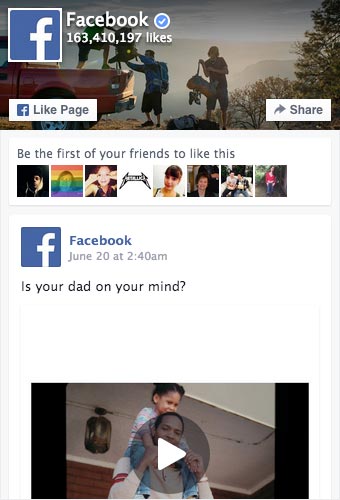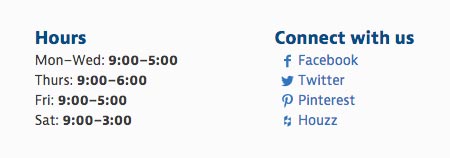Hard Working Websites
A “hard working” web site is what I like to call a website that is built and optimized for it’s primary purpose. So, in other words, a good website. In the most general sense, it is a conversion rate optimization.
When you boil down to the core purpose of any site or page it is to convert a visitor into something else; be it a lead, customer, reader, subscriber, enthusiast or whatever. I choose to call it hard working because a) I like the sound of it and b) I like the way it anthropomorphizes a site—making it seem more conceptually like an employee or partner in your business. In the end a site should be one of hardest working resources you pay for.
A site that works hard is a site that doesn’t get distracted from the task at hand. It’s a site that, despite trends in design and technology, focuses on quality content, usability and user experience. A hard working site is a site designed and built for the user, not the stakeholders. Finally, a hard working site is responsible—responsible in how it treats users, uses technology and approaches design and performance.
It’s easy to forget about the primary focus of a site. Over time it is natural to add functionality and more content to a site; as you should. However, the trick to doing so effectively is to always judge additions within the context of the primary purpose. A quick example:
Imagine you have a site promoting a web service. The primary goal of the site should be to convert visitors to users. In our case the explicit purpose is to add a new unique user with a login and password to the service. Pretty straightforward.
So, someone in marketing thinks it would be cool to add a Facebook Page Plugin (at the time of writing this is called Page Plugin, it replaces the now deprecated Like Box and, to some extent, the Activity Feed) to the home page. It seems quite rational. Social media is the thing, right? Your potential users are on Facebook, so there’s a logical connection.
There are a few factors you should consider however. Though adding a Facebook Page Plugin may drive more traffic to your Facebook page, is that necessarily the right thing? Judge the value of that potential new “like” on your Facebook page versus the potential of that user remaining on your site and converting to a lead or customer. I value the potential of the website conversion over the Facebook conversion for the simple fact that a “like” is not the same value as an email address. A user that is willing to give up a higher value, especially in exchange for some premium content (i.e. inbound or content marketing), has indicated clearer intent than simply saying “I ‘like’ this companies Facebook page.”
All that being said; there is still value in maintaining your Facebook Page, and even linking to it. The embed you get from Facebook is designed to stand out and be attractive. Your site will be much better serviced however, by a more subtly designed connection to Facebook; allowing the primary call-to-action and purpose to remain most prominent.




